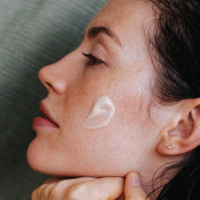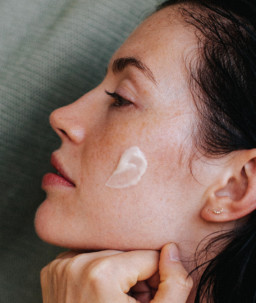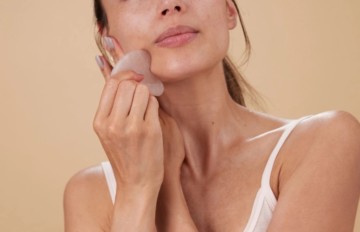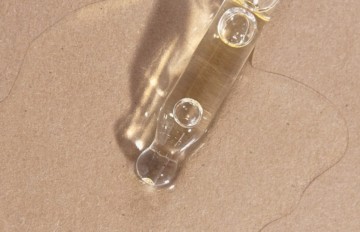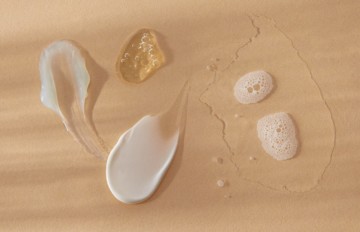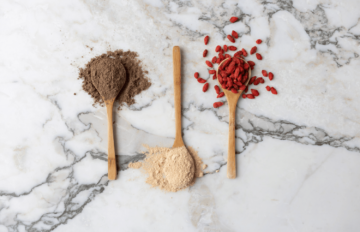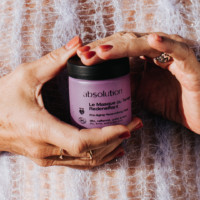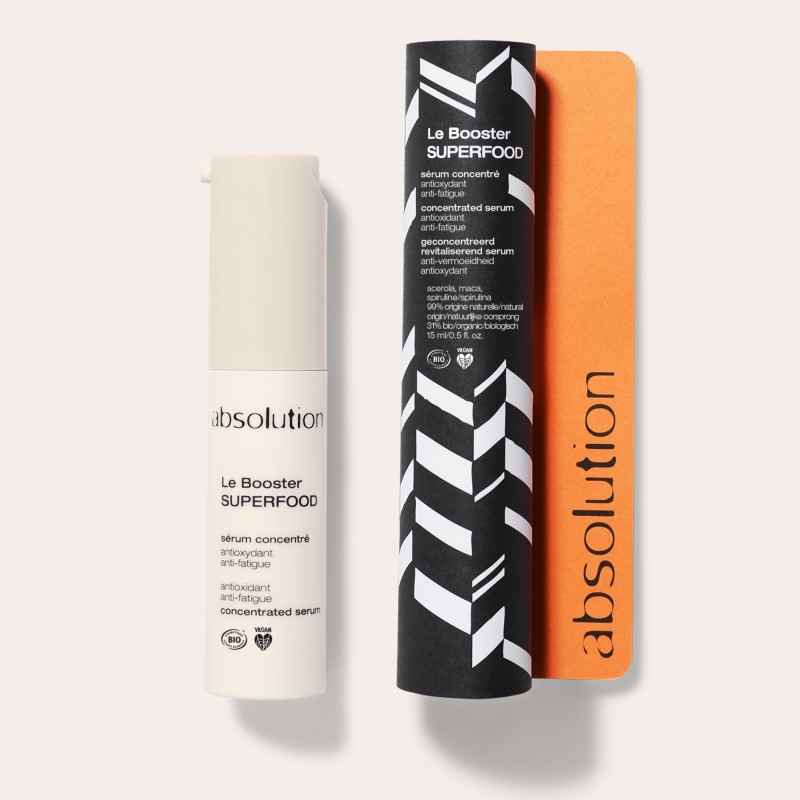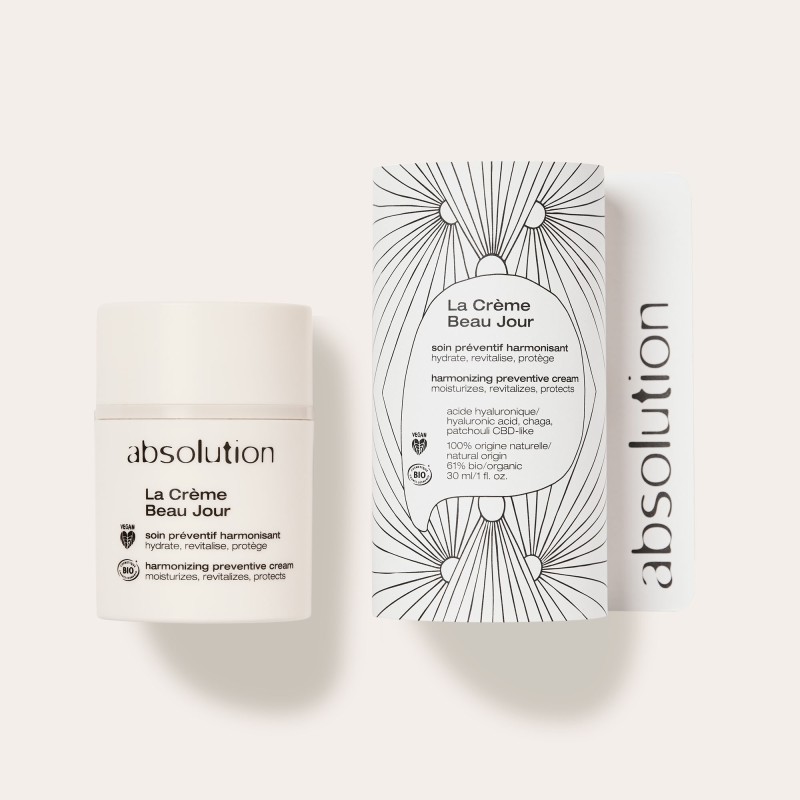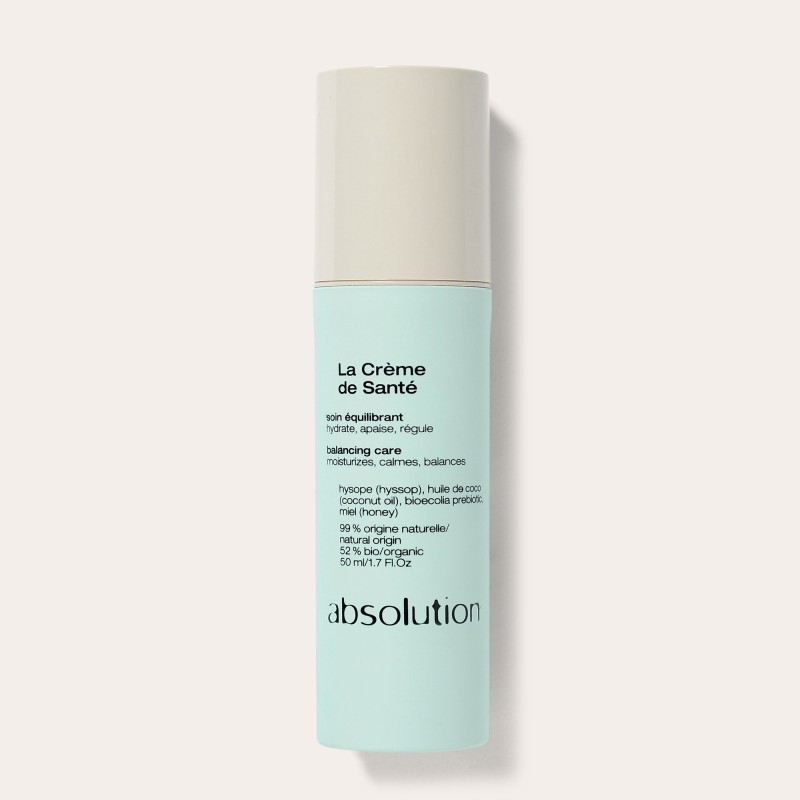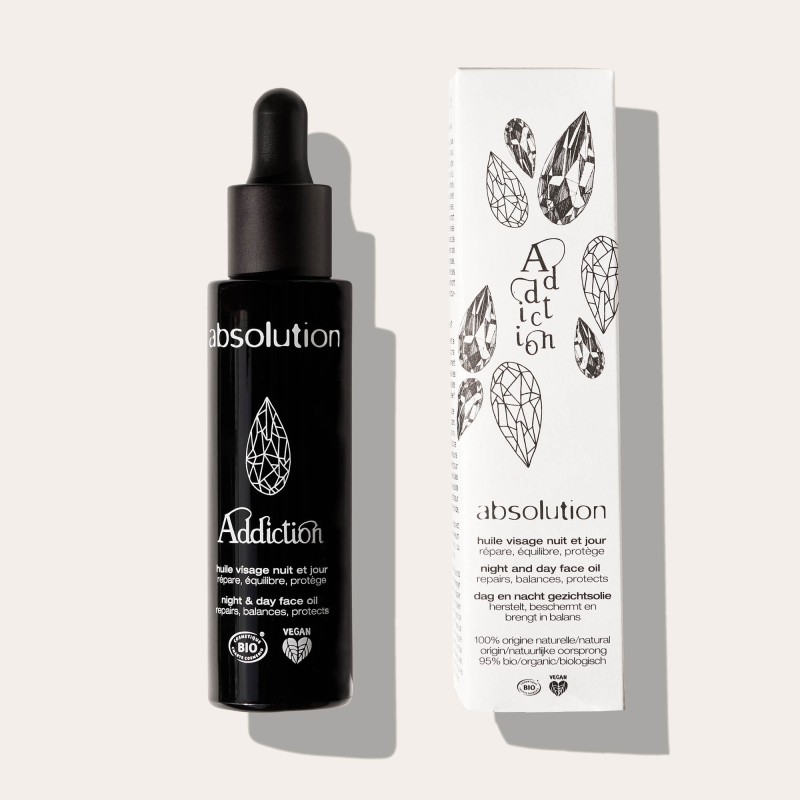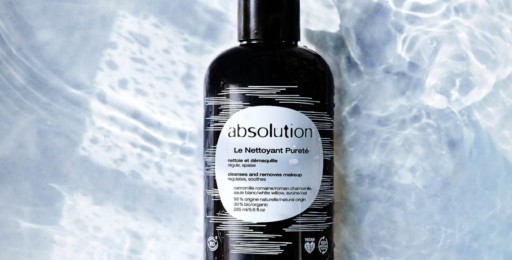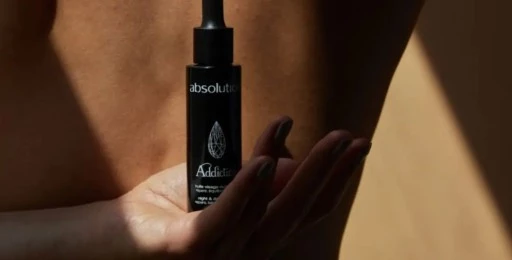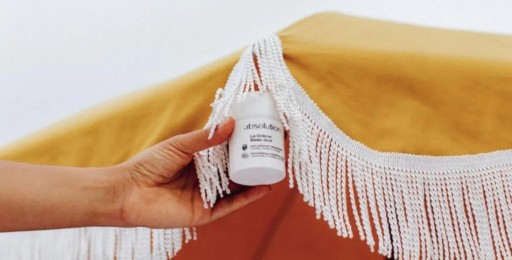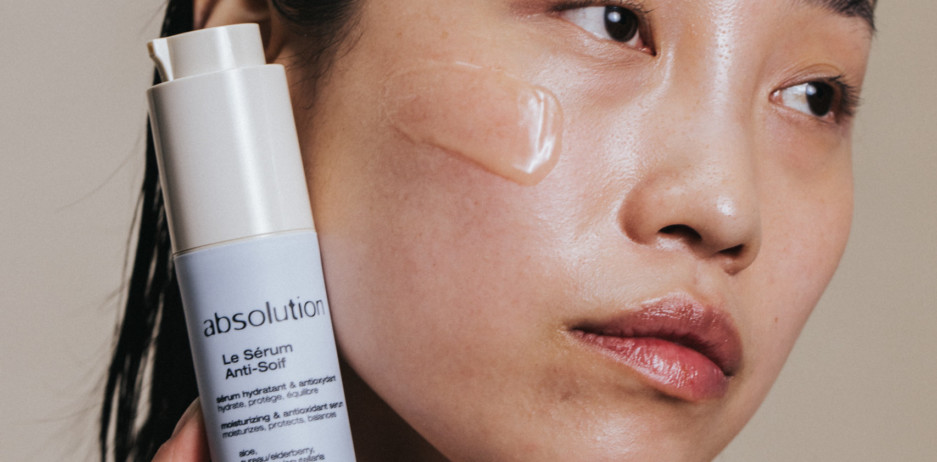
Oil, Cream, and Serum: What’s the Difference?
When it comes to skincare, it’s easy to get lost in the cosmetic jargon. Oil, cream, serum… These words are everywhere on labels, but how do you know what’s really good for you? Can you mix them? Do you need to follow a specific order? And most importantly, how do you choose the products that match your skin type? While they may seem similar, their functions and compositions are actually quite distinct. Don’t worry, we’ll explain their actions and how to incorporate them into your daily routine!
Serums are for targeting specific problems
Serum is the first product to apply after cleansing your skin! Its texture is often light and liquid (water-based or with aloe vera gel), and its concentration of active ingredients is particularly high. It focuses on specific skin issues, such as wrinkles, dark spots, or dehydration, using antioxidants, vitamins, peptides, or hyaluronic acids in high doses.
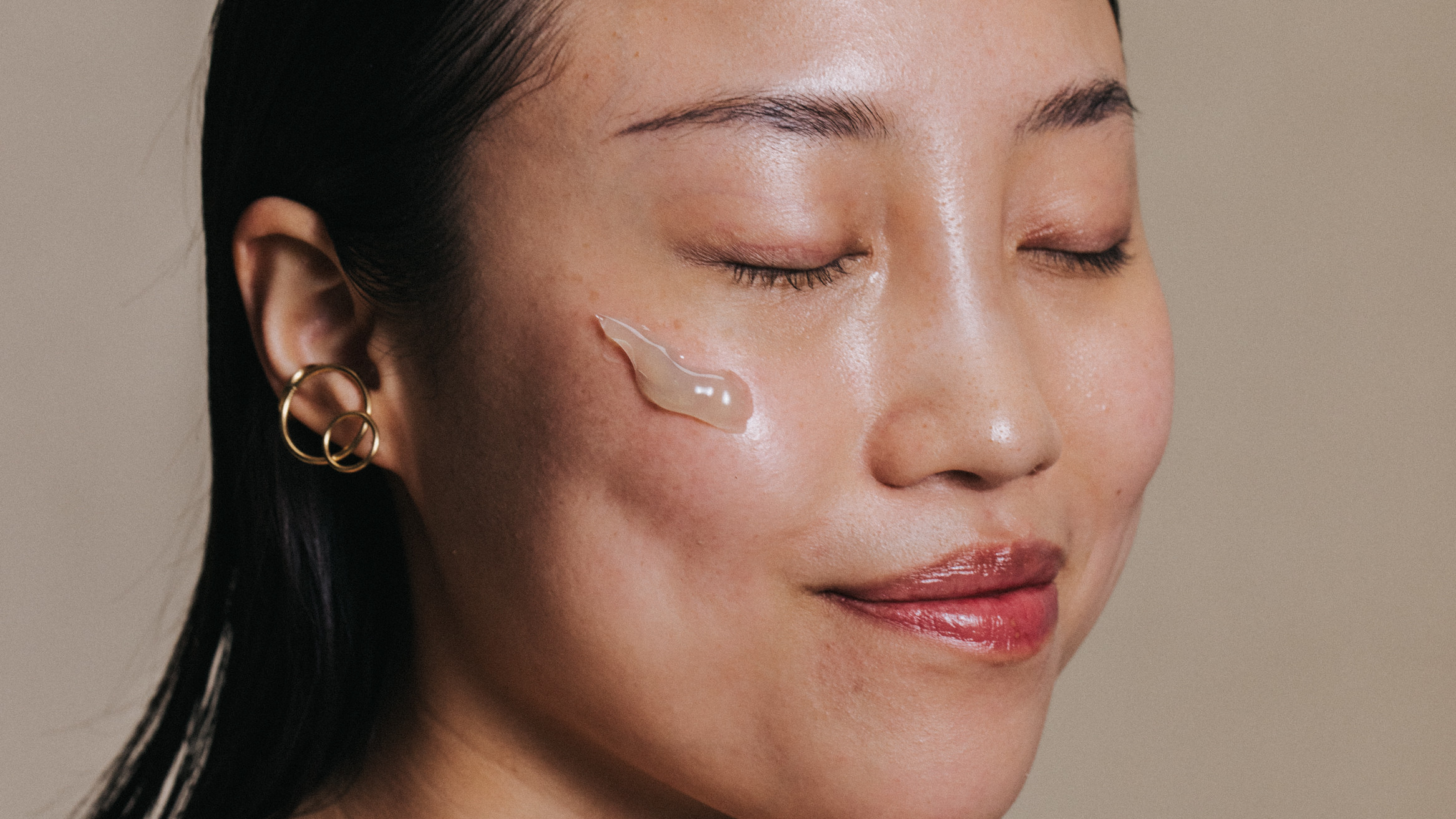
While moisturizing creams also contain active ingredients, they don’t always manage to retain water in the skin cells as effectively due to their texture, which combines both water and oil elements. Some people even use multiple serums to address different issues simultaneously, provided they are applied before a cream or oil to maximize their effectiveness. Serum, therefore, prepares the skin to better absorb the other products. For example, our highly moisturizing Sérum Anti-Soif retains water in the skin for up to 8 hours, unlike a cream, which will complement it. Our Booster SUPERFOOD can be used in a treatment to improve skin nutrition and provide long-lasting radiance.
Creams are for hydration
A cream is an emulsion, a delicate blend of water and oil. Most formulations contain moisturizing agents such as glycerin and hyaluronic acid and may be enriched with active ingredients like peptides, retinoids, and vitamins. However, its key feature is its high water content, offering immediate hydration! While serum also provides hydration, it is more effective when paired with a moisturizing cream. After a shower, when the skin is particularly receptive, the cream soothes, nourishes, and softens the skin.
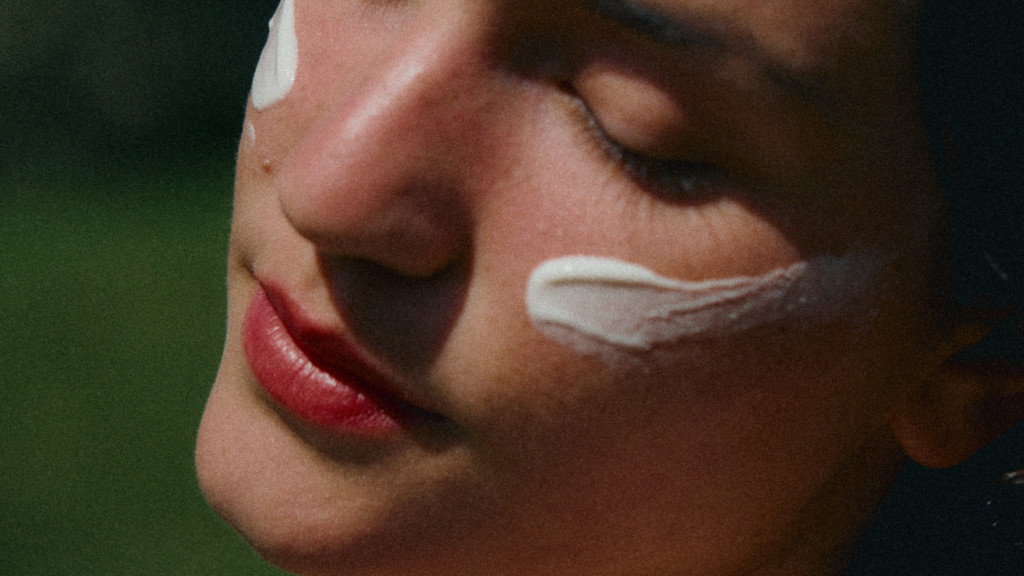
Lightweight creams with fluid textures are better suited for oily skin, providing hydration without weighing it down or clogging pores. On the other hand, rich creams, with more creamy textures, are ideal for dry skin, offering more intense nourishment that protects against tightness. Generally, creams are absorbed more quickly than oils, leaving the skin supple and soft, protected from external aggressions like pollution, wind, and extreme temperatures that can disrupt its proper function.
Oils are for sealing in moisture
Oils are composed of lipids, often of plant origin. Sweet almond, argan, jojoba, or rosehip oil… Unlike creams, oils contain no water! They are purely oil-based, making them particularly effective at sealing moisture into the skin. Rich in fatty acids, vitamins, and antioxidants, oils penetrate more slowly than a moisturizing cream, creating a protective barrier on the skin’s surface.
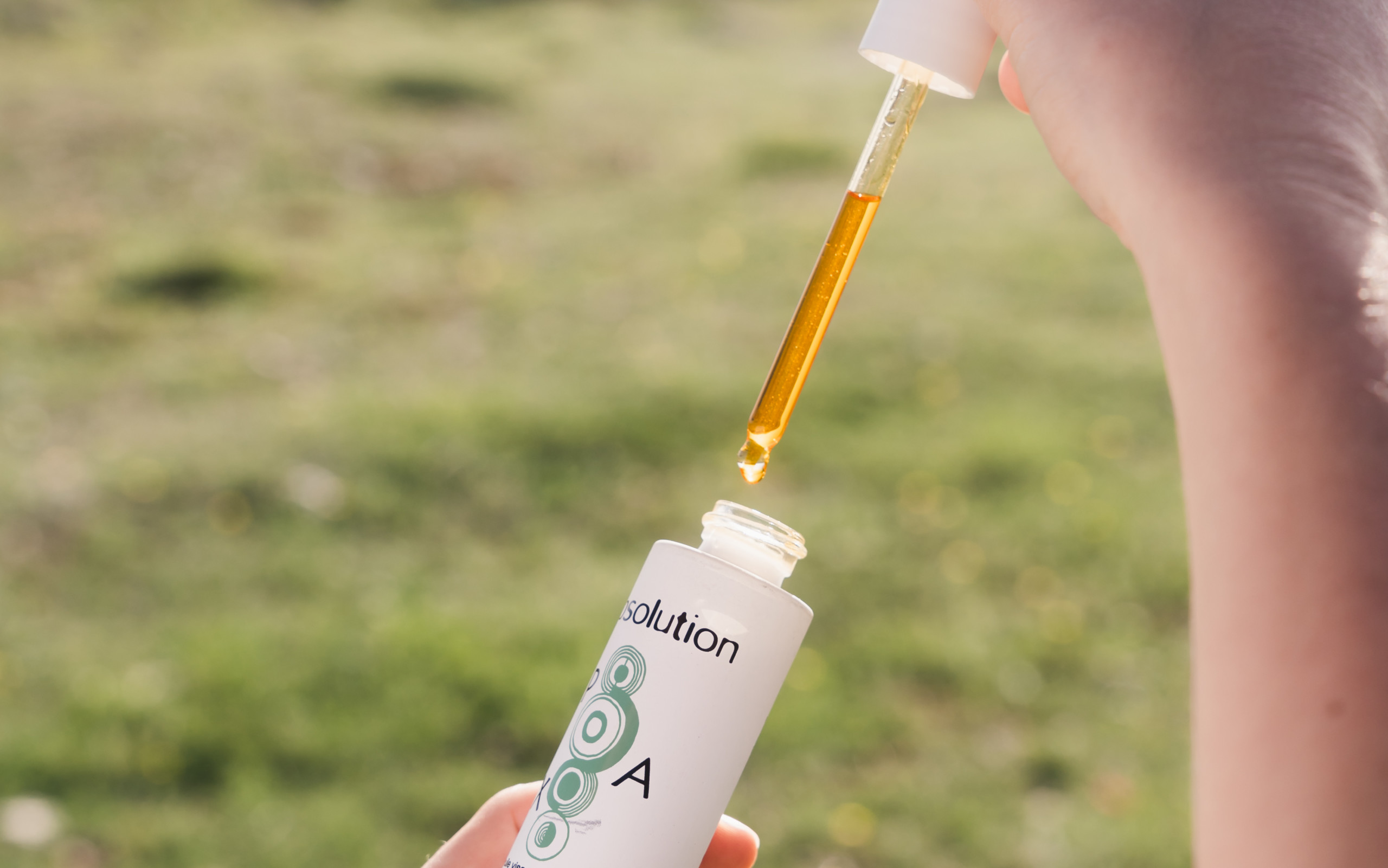
Therefore, they are ideal as the last step, applied with just a few drops, especially recommended for dry, dehydrated, or mature skin. Our Addiction Oil, to be used day and night and in any season, with evening primrose, argan, apricot, or sesame oil, protects, regenerates, and soothes. Our Pax Oil, made with CBD and botanical oils, normalizes skin disorders. It helps regulate stress on the skin, reducing redness and spots over time.
These three products, which may seem similar in function, are actually complementary! By using serum, cream, and oil in the right order, you maximize the benefits of each product, ensuring optimal hydration, targeted treatment, and effective protection against external aggressors. However, it’s also perfectly fine to use just one or two products depending on your skin’s needs. In summary, serum targets specific concerns and prepares the skin to absorb a cream that hydrates and protects. Oil nourishes and seals in moisture. A full routine can be particularly useful during extreme temperature changes (cold or hot). It’s up to you to choose what works best for your skin!
